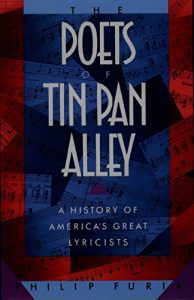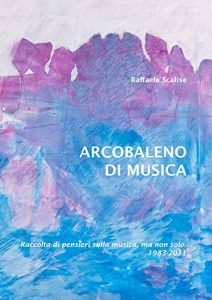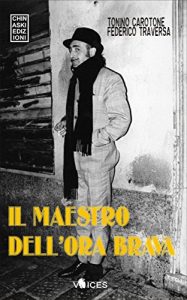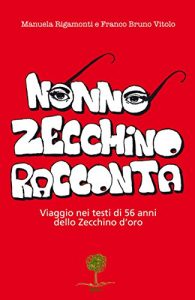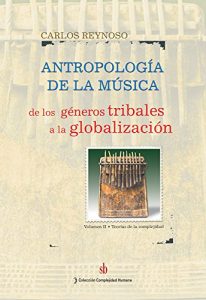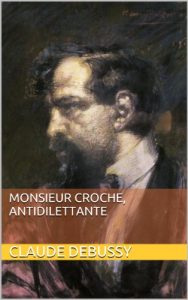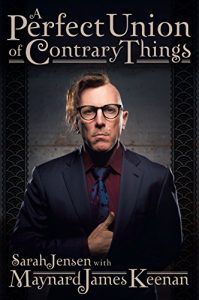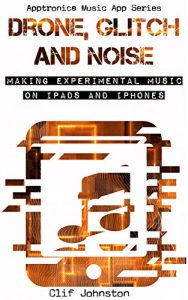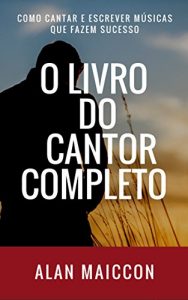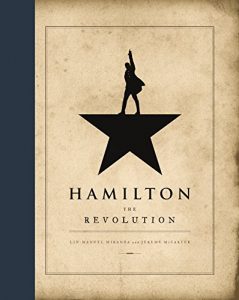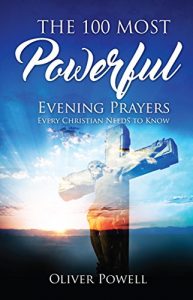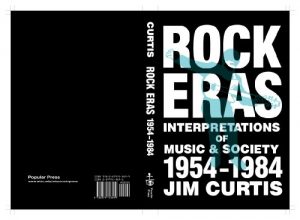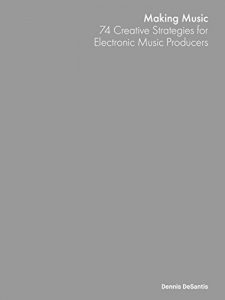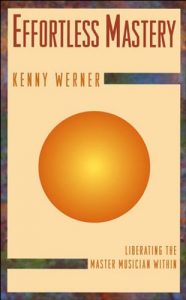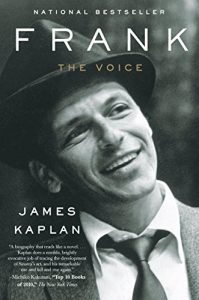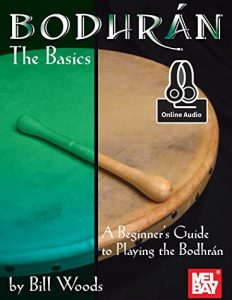I 99eBooks è una directory di eBook. Cerchiamo e classificato intorno alle eBooks Web per te!
Tutti i diritti riservati. I libri e libri elettronici sono di proprietà dei rispettivi proprietari.
The Poets of Tin Pan Alley: A History of America’s Great Lyricists (Oxford Paperbacks)
From the turn of the century to the 1960s, the songwriters of Tin Pan Alley dominated American music. Irving Berlin, Cole Porter, George and Ira Gershwin, Rodgers and Hart--even today these giants remain household names, their musicals regularly revived, their methods and styles analyzed and imitated, and their songs the bedrock of jazz and cabaret. In The Poets of Tin Pan Alley Philip Furia offers a unique new perspective on these great songwriters, showing how their poetic lyrics were as important as their brilliant music in shaping a golden age of American popular song.
Furia writes with great perception and understanding as he explores the deft rhymes, inventive imagery, and witty solutions these songwriters used to breathe new life into rigidly established genres. He devotes full chapters to all the greats, including Irving Berlin, Lorenz Hart, Ira Gershwin, Cole Porter, Oscar Hammerstain II, Howard Dietz, E.Y. Harburg, Dorothy Fields, Leo Robin, and Johnny Mercer. Furia also offers a comprehensive survey of other lyricists who wrote for the sheet-music industry, Broadway, Hollywood, and Harlem nightclub revues. This was the era that produced The New Yorker, Don Marquis, Dorothy Parker, and E.B. White--and Furia places the lyrics firmly in this fascinating historical context. In these pages, the lyrics emerge as an important element of American modernism, as the lyricists, like the great modernist poets, took the American vernacular and made it sing.
Furia writes with great perception and understanding as he explores the deft rhymes, inventive imagery, and witty solutions these songwriters used to breathe new life into rigidly established genres. He devotes full chapters to all the greats, including Irving Berlin, Lorenz Hart, Ira Gershwin, Cole Porter, Oscar Hammerstain II, Howard Dietz, E.Y. Harburg, Dorothy Fields, Leo Robin, and Johnny Mercer. Furia also offers a comprehensive survey of other lyricists who wrote for the sheet-music industry, Broadway, Hollywood, and Harlem nightclub revues. This was the era that produced The New Yorker, Don Marquis, Dorothy Parker, and E.B. White--and Furia places the lyrics firmly in this fascinating historical context. In these pages, the lyrics emerge as an important element of American modernism, as the lyricists, like the great modernist poets, took the American vernacular and made it sing.
